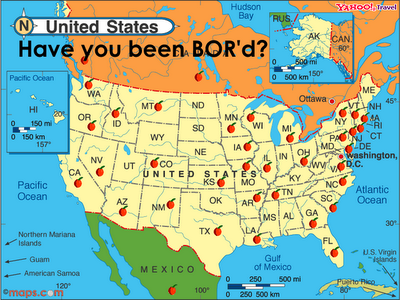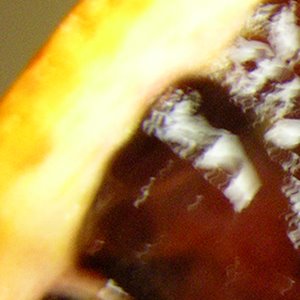At a Christmas party this year, I received an intriguing party favor--a diamond shaped thing about the size of a walnut labeled "Princess Towel." The instructions simply said "sprinkle with warm water." A few seconds later, the thing blossomed open into a normal-sized washcloth decorated with Sleeping Beauty's demurely smiling face. There was something strangely entertaining and tricky about that party favor--the slightly vague labeling piques a child's (or even admittedly, an adult's) curiosity, the semi-magical unfolding fills little girls with tremulous anticipation as they wonder what it will be when it finishes opening up, and then, the let down: it is a washcloth, something you use to clean behind your ears--how more disappointingly "useful" can you get?
This semi-magical princess towel reminds me of a short poem. Short poems can be surprising, intriguing, and funny. They can be deceptively obscure or deceptively simple. Sometimes, short poems, like the zen koans that Buddhist teachers give to their students to "solve," can leave the student a tiny bit more enlightened.
Marvin Bell said, "A short poem need not be small."
Consider A.R. Ammons' poem, "Coward":
Bravery runs in my family.
Or David R. Slavitt's one word poem:
Motherless.
Or Buson's haiku:
Violets have grown here and there
on the ruins of my burned house.
Even with a stringent economy of words, the poems tumble forth and open kaleidoscopically. There are different techniques poets use for a short poem:
1. juxtaposing two unexpected or paradoxical things
2. building on an image that elicits an emotional impact
3. arranging words in a way that shifts or emphasizes an unexpected meaning
Most of all, the short poem requires playfulness. Give it a shot.




